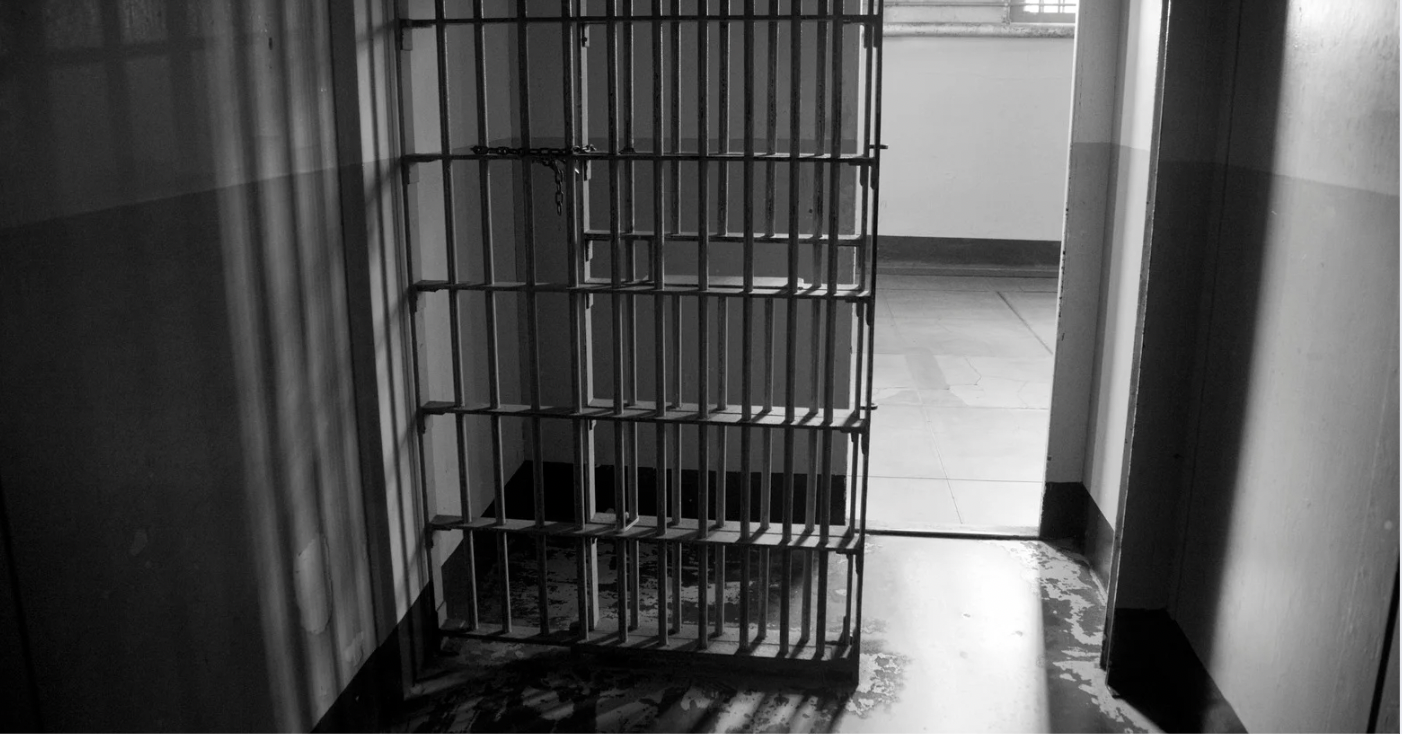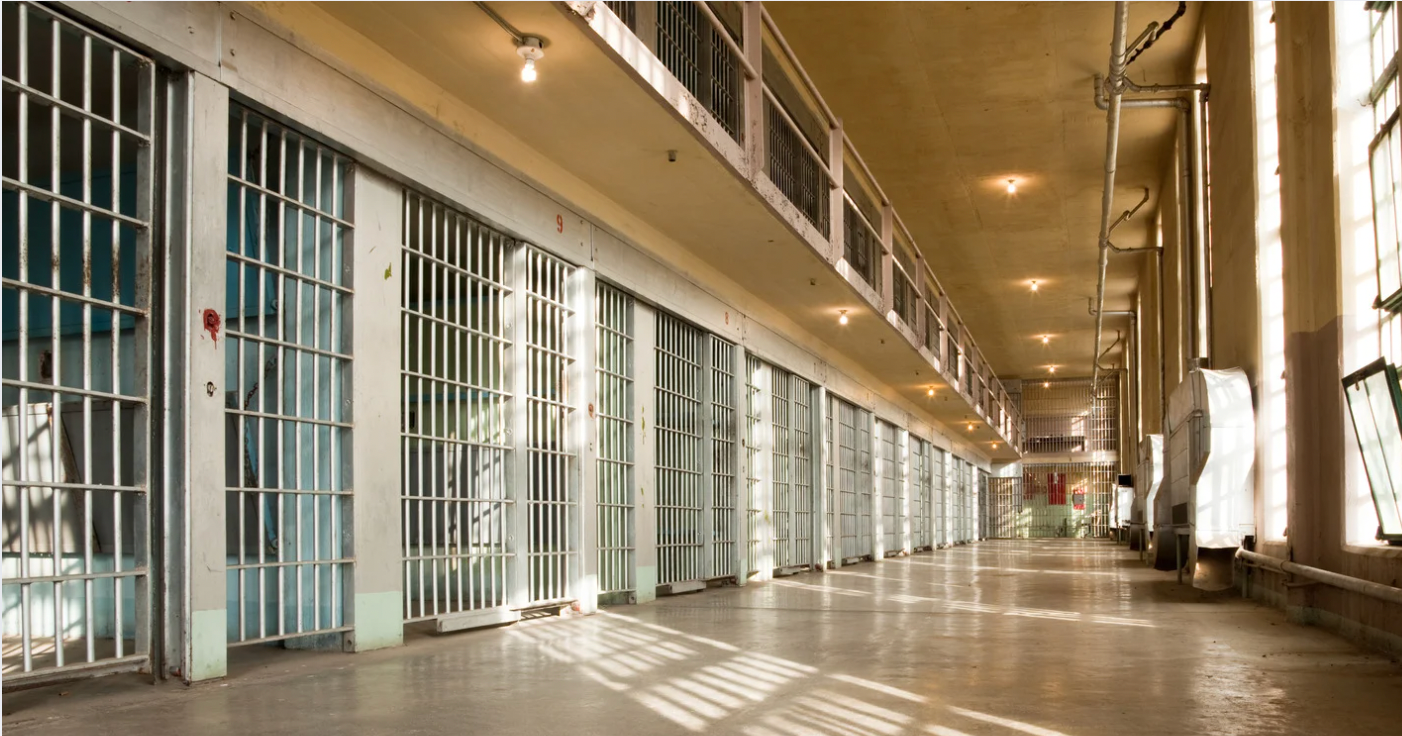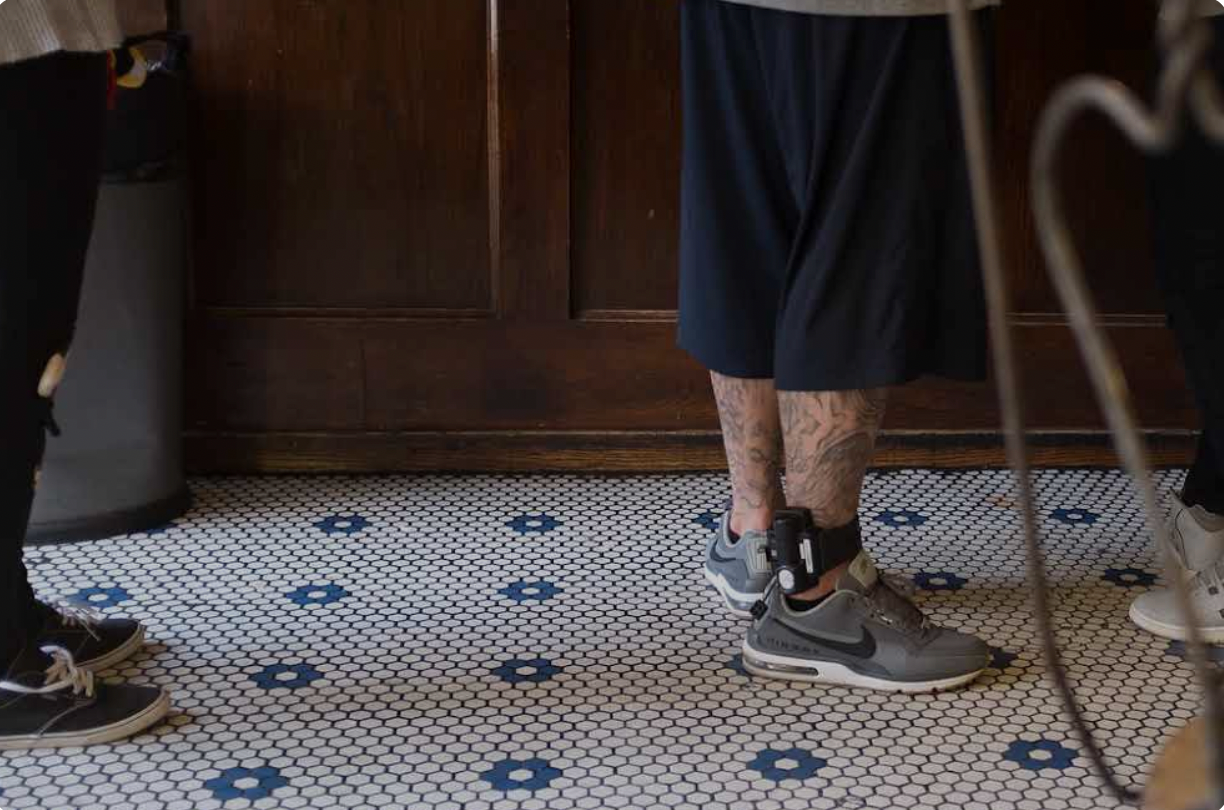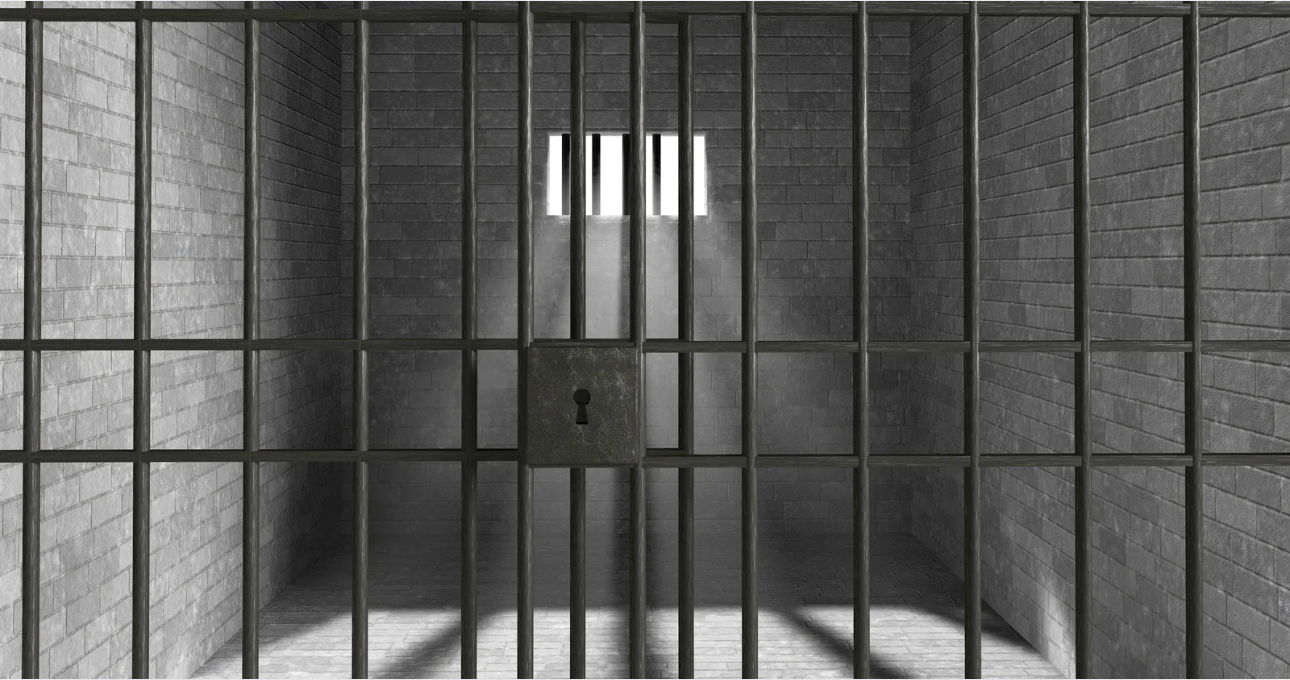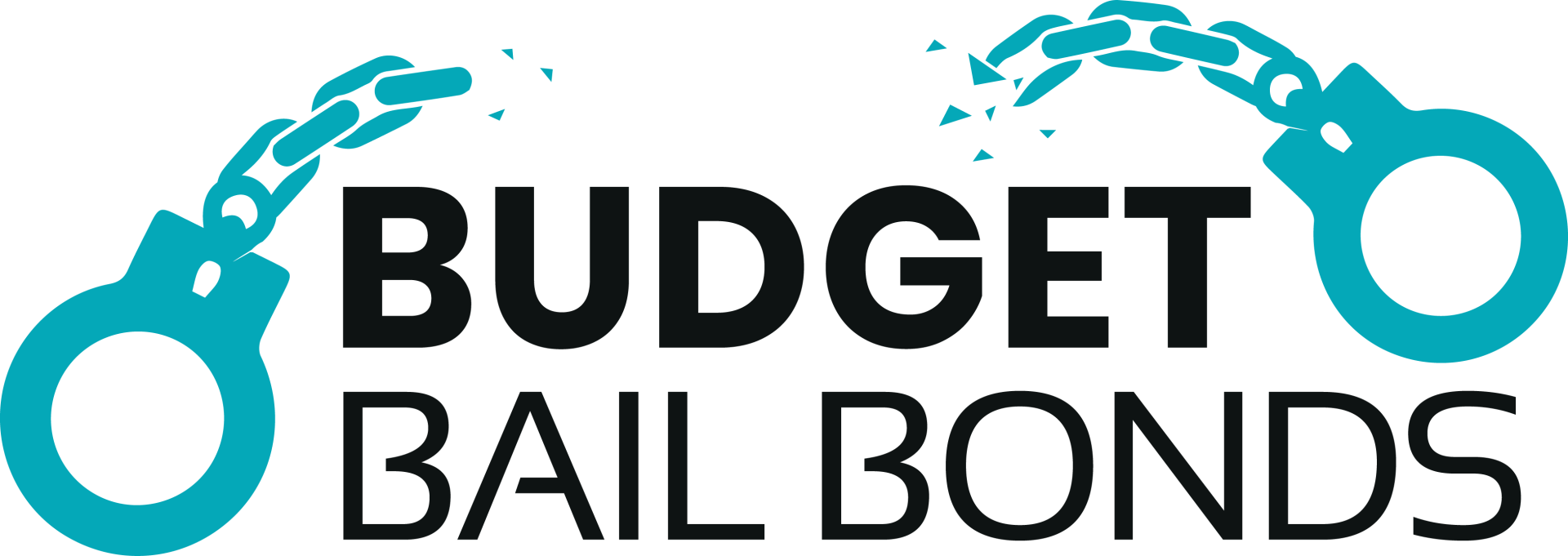Do Juveniles in CT Get Bail?
In Connecticut, the legal system handles juvenile offenders differently from adults. The focus is more on rehabilitation and less on punishment. Because of this, the process for juveniles, including how and when they are released after an arrest, operates under different rules. One common question that arises is: Do juveniles in Connecticut get bail? The short answer is no—juveniles do not typically go through the standard bail process as adults do. However, they may still be eligible for release under other conditions.
How Juvenile Detention Works in Connecticut
When a juvenile (anyone under 18) is arrested in Connecticut, they are usually processed through the juvenile justice system, not the adult criminal court. Juveniles are not typically held in regular adult jails or subject to the same bail procedures. Instead, they are sent to a juvenile detention center if deemed necessary. The decision to detain a juvenile depends on several factors, including:
- The severity of the alleged offense.
- Whether the juvenile is considered a flight risk.
- The risk they may pose to public safety.
- Their prior record of delinquency or criminal behavior.
Release Options for Juveniles
Since juveniles do not have a bail process like adults, the court decides if the juvenile can be released back to their parents or guardians while awaiting their court date. This decision is often based on the circumstances of the case, the juvenile’s behavior, and their history. The court may impose certain conditions for release, such as:
- Electronic monitoring: The court may require the juvenile to wear an ankle monitor to track their whereabouts.
- House arrest: In some cases, juveniles may be placed under house arrest, where they must remain at home under parental supervision.
- Supervision by probation officers: A juvenile might be required to report to a probation officer regularly.
For more serious offenses, the court may choose to keep the juvenile in detention until their court date, especially if the crime is violent or the individual has a significant criminal history.
Juvenile Court Hearings
After a juvenile is detained or released, they will have to attend court hearings to determine the next steps in their case. During these hearings, the judge will decide whether the juvenile is guilty of the offense and what consequences or rehabilitation measures should be implemented.
Can Juveniles Be Tried as Adults?
In certain severe cases, such as violent felonies, a juvenile can be tried as an adult in Connecticut. When this happens, the juvenile may face adult charges and be subjected to the adult bail system, where traditional bail may be set. This usually occurs when the crime is very serious and the juvenile is closer to the age of 18.
Need Help Navigating the Juvenile Justice System? Contact Budget Bail Bonds Today!
If your child has been arrested and you’re unsure about the next steps, Budget Bail Bonds
can help guide you through the juvenile justice system. While juveniles don’t follow the standard bail process, we can offer advice and support to help secure their release as quickly as possible.
Contact us today to learn more about how we can assist during this difficult time!


